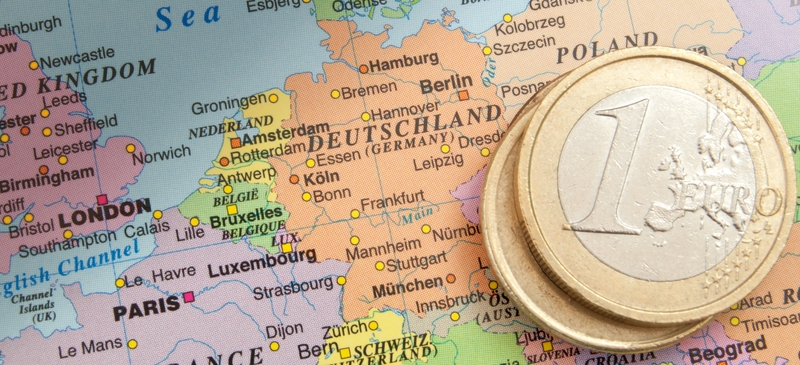Global trade tensions are casting a shadow over the eurozone’s economy. The European Central Bank (ECB) raised concerns in its latest Financial Stability Review, released on Wednesday. Protectionist policies and geopolitical risks are seen as major threats to growth, inflation, and asset prices.
The ECB now sees weak economic growth as a bigger challenge than inflation. Recent data shows the eurozone’s economy grew by 0.4% in the third quarter, the highest in two years. However, inflation still stands at 2%, adding to concerns.
Markets on Edge
Financial markets are showing signs of stress. The ECB highlighted a rise in market volatility since May. It warned that more swings are likely due to high asset prices and concentrated risks.
Adding to the uncertainty is the impact of U.S. trade policies. Though not directly mentioned, proposals like Trump’s 10% tariff on imports could disrupt global trade. Experts fear this might slow European exports and force the ECB to cut interest rates faster.
ECB Vice President Luis de Guindos spoke to CNBC about the fragile situation. “Consumers are not spending more. Growth is very weak,” he said. He also pointed to risks from conflicts in Ukraine and the Middle East, as well as U.S. policy changes. “These factors create more uncertainty for the eurozone’s economy,” he added.
Debt and Business Risks
Rising debt levels in some eurozone countries are also worrying. High borrowing costs are putting pressure on small businesses and households. Slower growth could make these problems worse.
“In uncertain times, sudden changes in market sentiment could hurt the financial system,” the ECB warned.
A Tough Path Ahead
The eurozone’s growth is expected to stay below 1% in 2024, with only a slight recovery in 2025. Policymakers face tough choices as they try to balance growth and inflation risks.
With trade tensions, high debt, and geopolitical risks, the eurozone faces an uphill battle to maintain stability.
For well timed and complete information updates, follow with Danreadnews.


